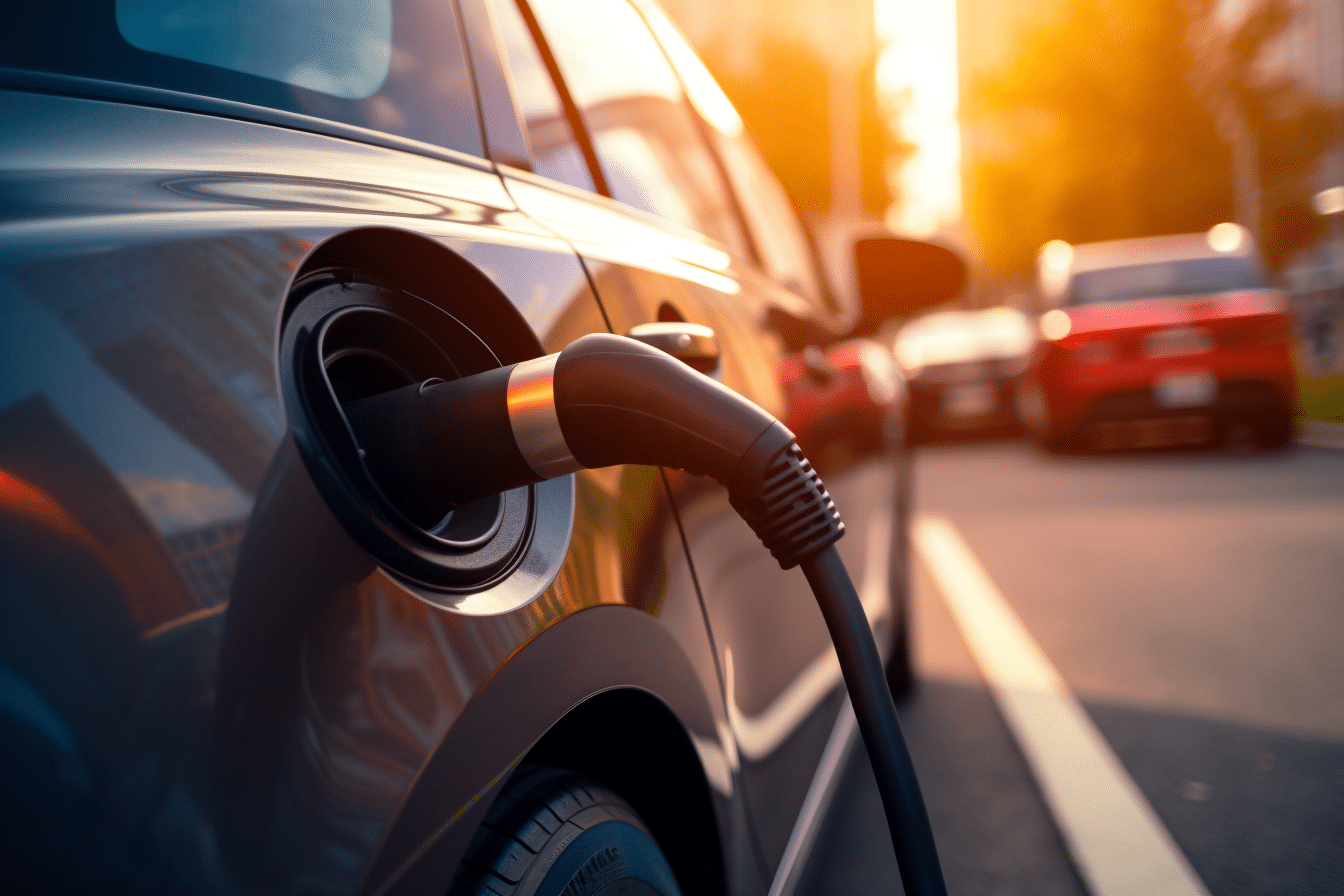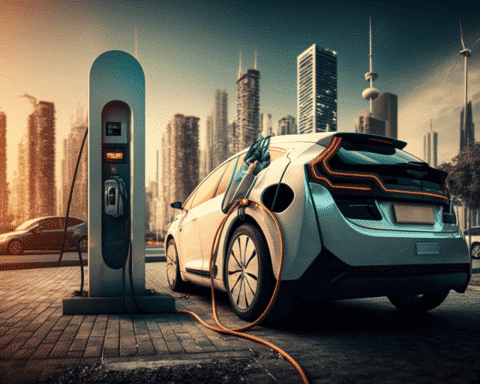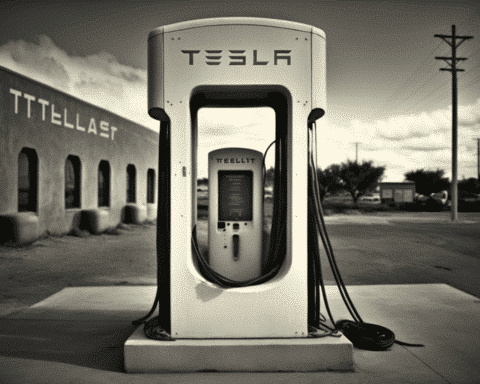In a startling revelation that has raised significant concerns about the sustainability and affordability of electric vehicles (EVs), a Vancouver car owner faced an eye-watering $60,000 bill for replacing a damaged battery in his 2022 Hyundai Ioniq 5. This incident, which resulted in the scrapping of the nearly new car, underscores the challenges facing the EV industry, particularly in terms of repair costs and battery longevity.
The owner discovered that minor damage to his car’s battery voided the vehicle’s warranty and led to a repair quote exceeding the cost of a new car. This situation forced the Insurance Corporation of British Columbia (ICBC) to cancel the vehicle due to the prohibitive replacement cost. Automotive journalists Zack and Andrea Spencer, who reported on the case through their Motormouth YouTube channel, emphasized its significant implications for EV manufacturers. “The story is, people are buying these cars not knowing what the cost of the most important component of the car is to replace,” Zack Spencer highlighted.
Further complicating matters is the battery’s placement at the bottom of the vehicle, which makes it prone to damage, as in the case of the Ioniq 5, where a scratched and deformed battery cover plate indicated impact damage. Andrea Spencer pointed out the broader industry challenge: “We cannot be writing off electric vehicles because the battery is damaged and the price is much too high to repair the vehicle.”
Greg Harper, a spokesman for ICBC, acknowledged the difficulty in determining the extent of this issue, as the insurer does not track specific data on EV write-offs due to battery damage. Despite this, the insurer’s claims operations staff report such occurrences as extremely rare. However, this does not diminish the significance of the problem, especially as B.C. boasts one of the highest EV adoption rates in Canada.
The dilemma extends beyond Canadian borders, with insurers in the U.S. noticing a growing trend of writing off low-mileage, zero-emission vehicles with minor damage. Some manufacturers, such as Ford and GM, are reportedly working to make battery packs more repair-friendly, but challenges remain, particularly in diagnosing minor damage.
Werner Antweiler, a professor at the University of B.C., underlined the importance of this issue, noting that the battery pack alone can constitute over 30% of a vehicle’s total cost. He suggested the need for better protection of batteries and more modular designs to mitigate the impact of damage on the entire unit.
Addressing the shortage of expertise in diagnosing and repairing battery damage, Mubasher Faruki, associate dean of automotive programs at the B.C. Institute of Technology stressed the need for subject-matter experts and standards for battery repair. However, he noted that aftermarket parts manufacturers are entering the fray, potentially making repairs more feasible.
The 2022 Hyundai Ioniq 5 case is a critical wake-up call to the EV industry. It highlights the urgent need for more affordable and practical solutions to battery damage and replacement, ensuring the long-term viability of electric vehicles. As Andrea Spencer advised prospective EV buyers, having an “EV checklist” is crucial when visiting dealerships, including inquiries about battery repairability, warranty coverage, and replacement costs is vital.




